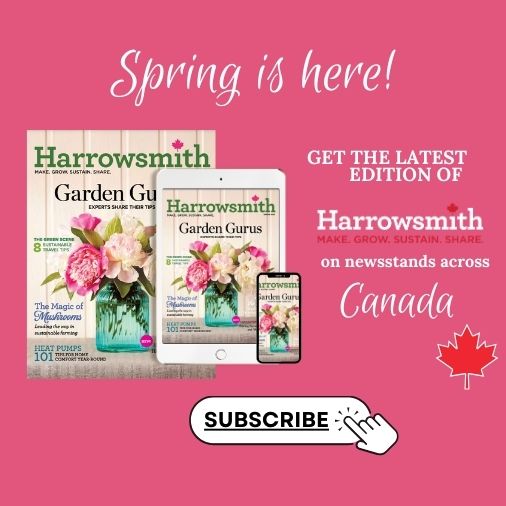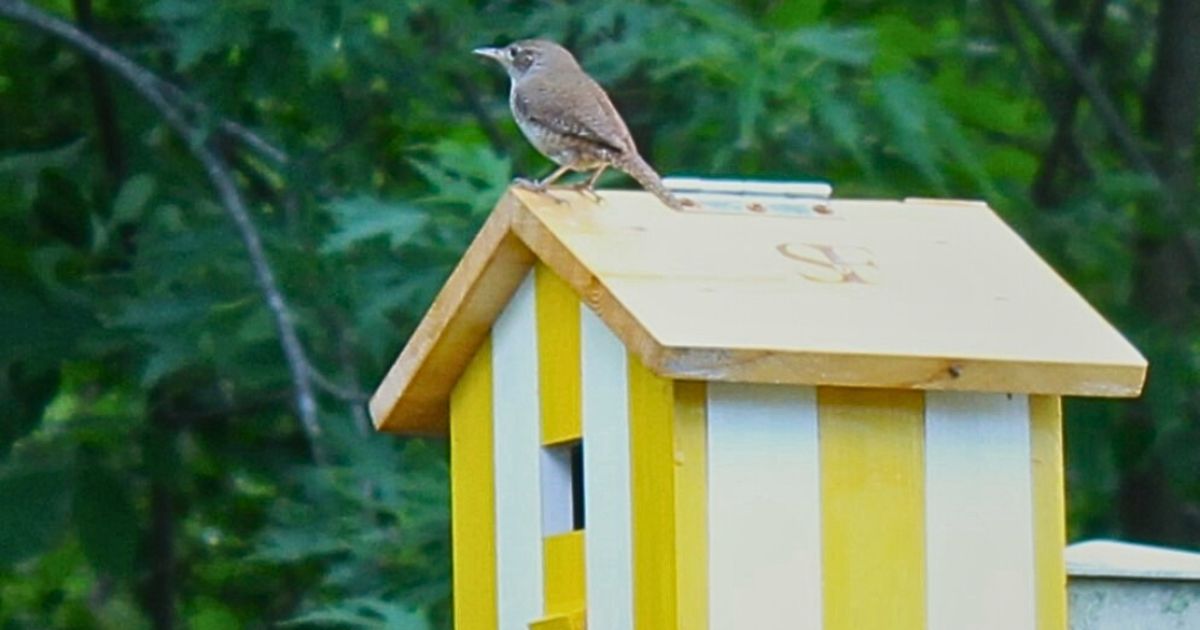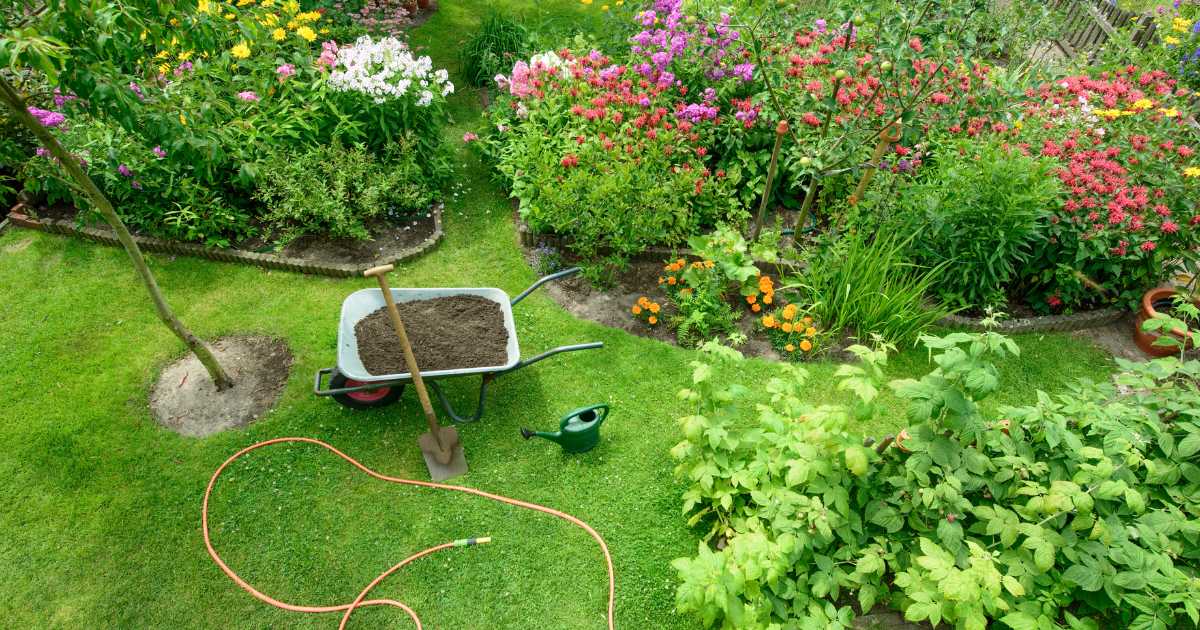We were capping off the last day of our hiking tour in a hidden corner of the Italian Alps with the toughest of our climbs—a short but unrelenting switchback that opens up into panoramic views of four different valleys, and the snowcapped Monte Rosa, the second highest peak in the Alps. I’d been prepping the group all week about the challenge of the hike. I was trying to manage expectations, but I may have over-indexed in my caution.
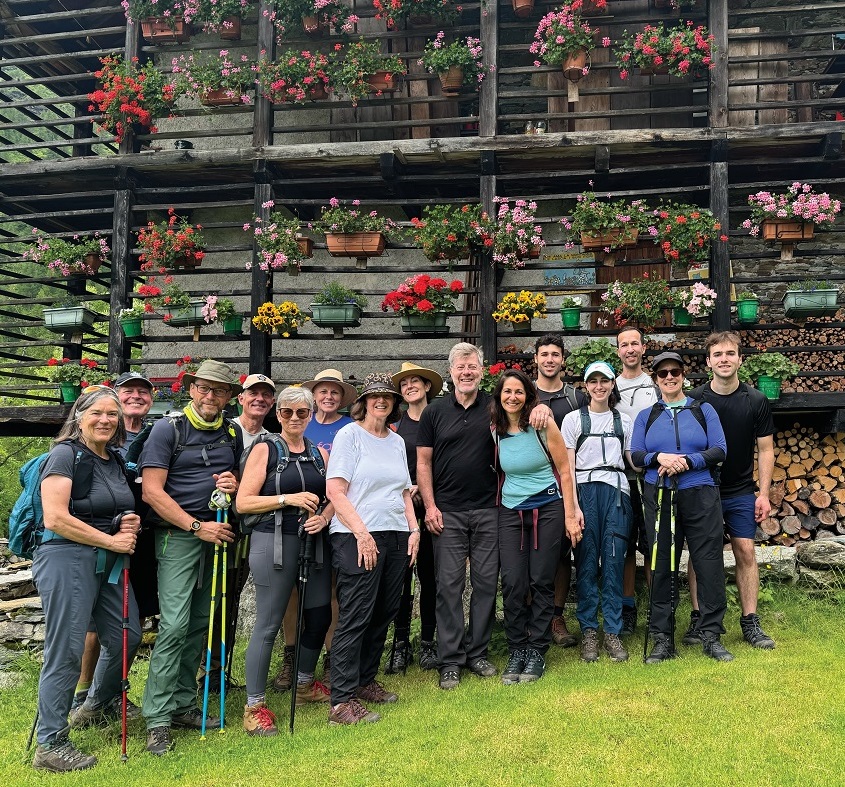
“I don’t think I’m going to do this last one,” said Owen, clearly a little spooked. On the first day of the tour, Owen (not his real name), a retiree from Toronto in his mid-60s, had described himself as “not a hiker.” And yet, he’d finished every hike, climbing centuries-old stone steps used by shepherds to bring their cows and sheep up to the high-altitude meadows (alps), and traversed a steep moraine in a glacier-carved valley. Never good at hiding my opinions, my brow furrowed reflexively. “I would
be very disappointed in you, Owen, if you didn’t do this hike.” (I know, not the usual tour guide script.) It wasn’t just that I knew he could do it. Having an experience like this—where one overcomes one’s own self-imposed limitations to be active in nature and share that experience in a group with other people—is, I believe, foundational to sustainable travel.

Overcoming self-imposed limitations when it comes to being active in nature, and sharing that experience with a group, is key to sustainable travel.

When we think about sustainable travel or regenerative travel, we immediately think about our carbon footprints, nature conservation and our relationship with local communities. These are all very important, but we are missing a key element: the individual. That’s because unless we are taking care of ourselves, we can’t take care of others. So, what are we doing to ensure that our travel is contributing to our own health and wellbeing?
To start, we know that being in nature is one of the best things we can do to destress and find equilibrium, so much so that Canadian doctors (thanks to the PaRX initiative spearheaded by Dr Melissa Lem, president of the Canadian Association of Physicians for the Environment) can now literally “prescribe nature” to improve mental health.
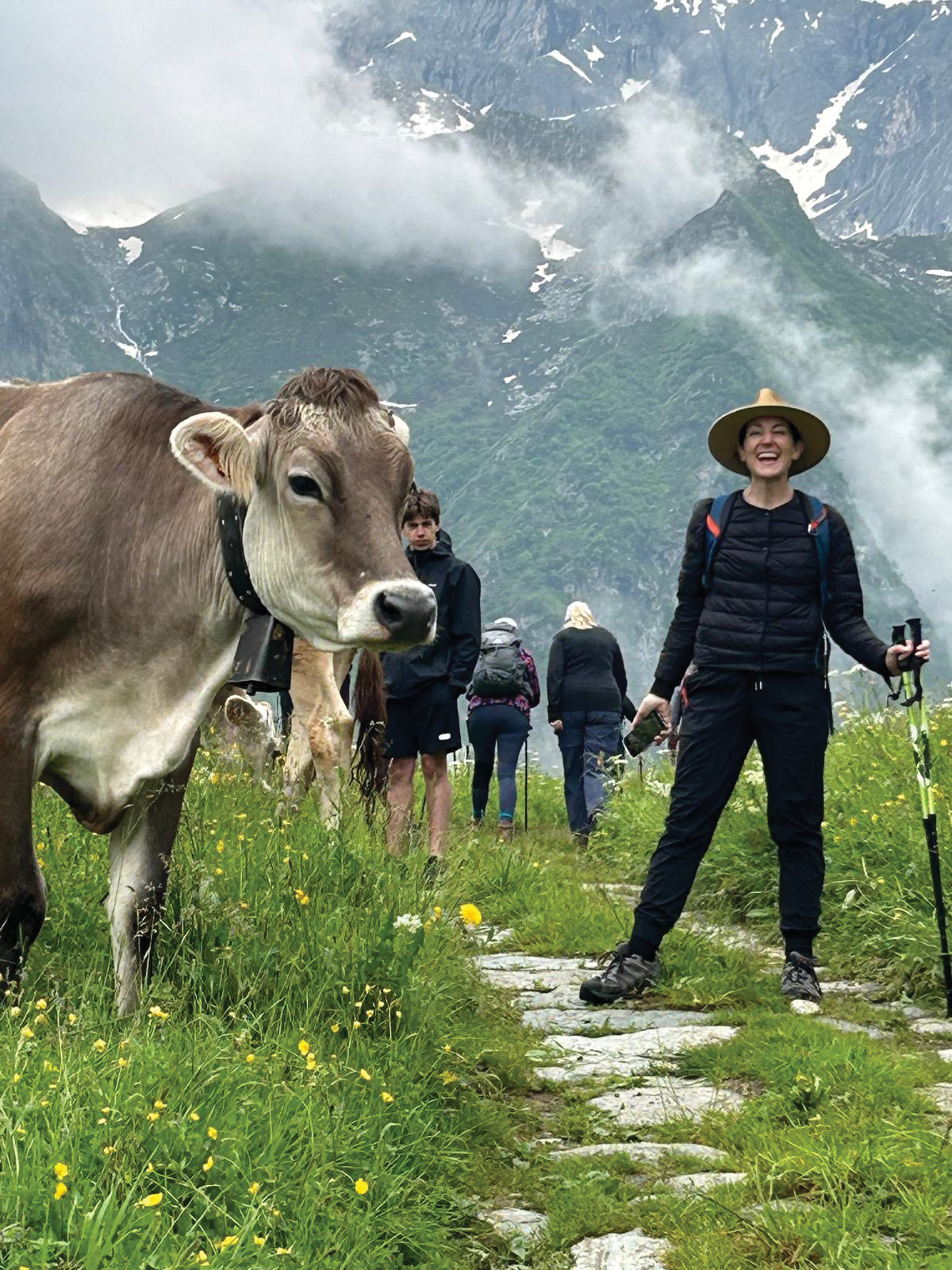
We also know that being active and exercising is a non-negotiable when it comes to our health span, or the number of years we remain healthy and disease-free, especially as we age. As Gordon Lithgow, chief academic officer at the California-based Buck Institute for Research on Aging, told the Washington Post, “There’s no question that exercise is the biggest anti-aging medicine there’s ever going to be.”
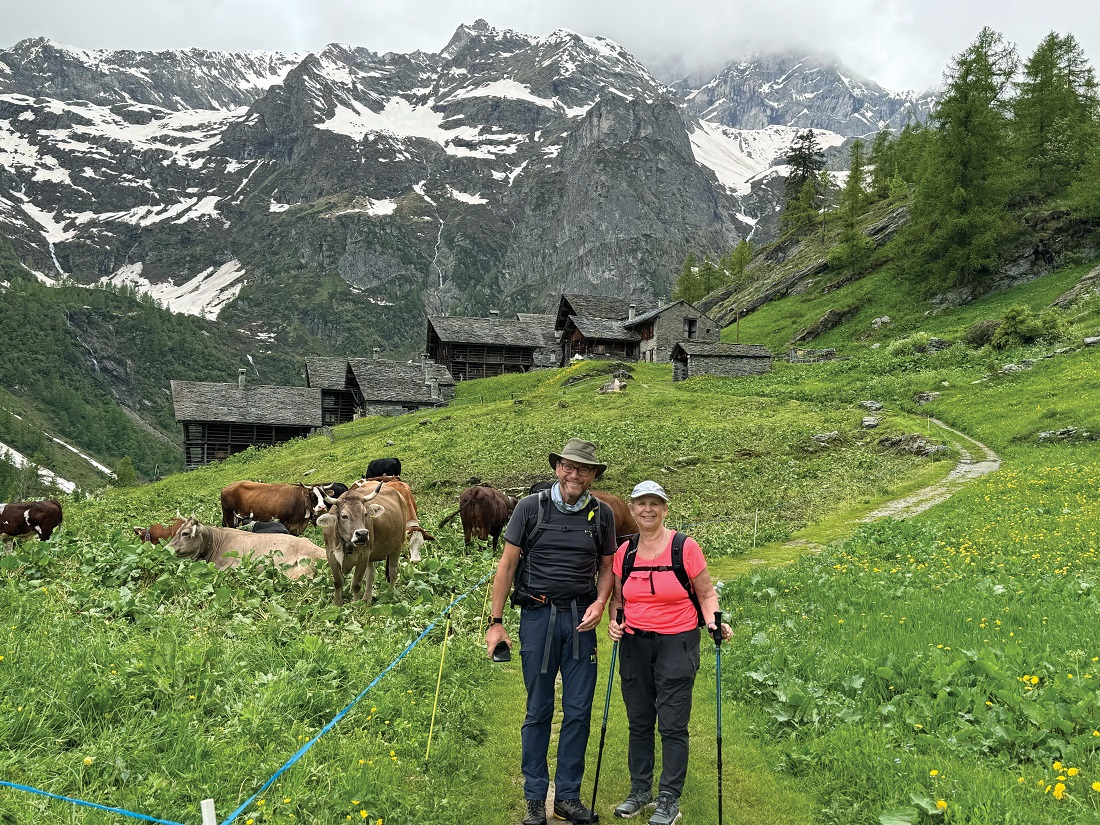
Like being in nature, exercise is a big mood-booster, releasing an array of neurochemicals including endocannabinoids, dopamine and serotonin, giving you a physical rush and flooding your body with a sense of calm. And those good vibes are enhanced if you exercise in a group or with friends. According to a recent article in The New York Times, group activity can double the release of oxytocin, the hormone associated with social bonding.
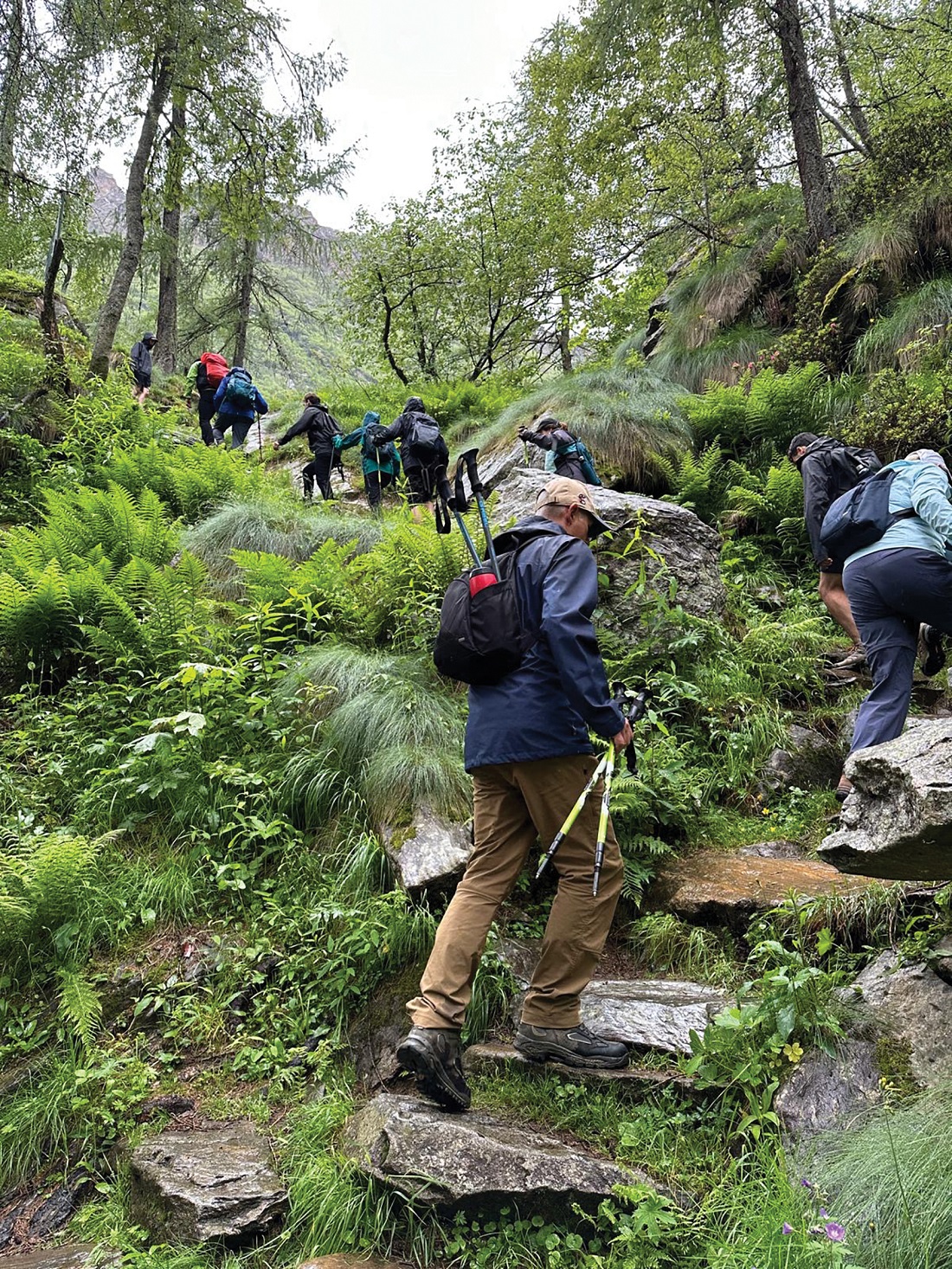
I did not want Owen to miss out on this amazing trifecta of nature, exercise and community. I have seen people moved to tears as they reached the top of a ridge, surrounded by glacier-fed waterfalls and meadows full of wildflowers, inspired by the beauty and their own determination to reach the top. I’ve experienced it myself. Sobbing unexpectedly when I saw my husband and son waiting for me at the end of my first-ever 100-kilometre group bike ride. I wasn’t sure I could do it, and the rush when I cycled in with the other riders marked a turning point for me.
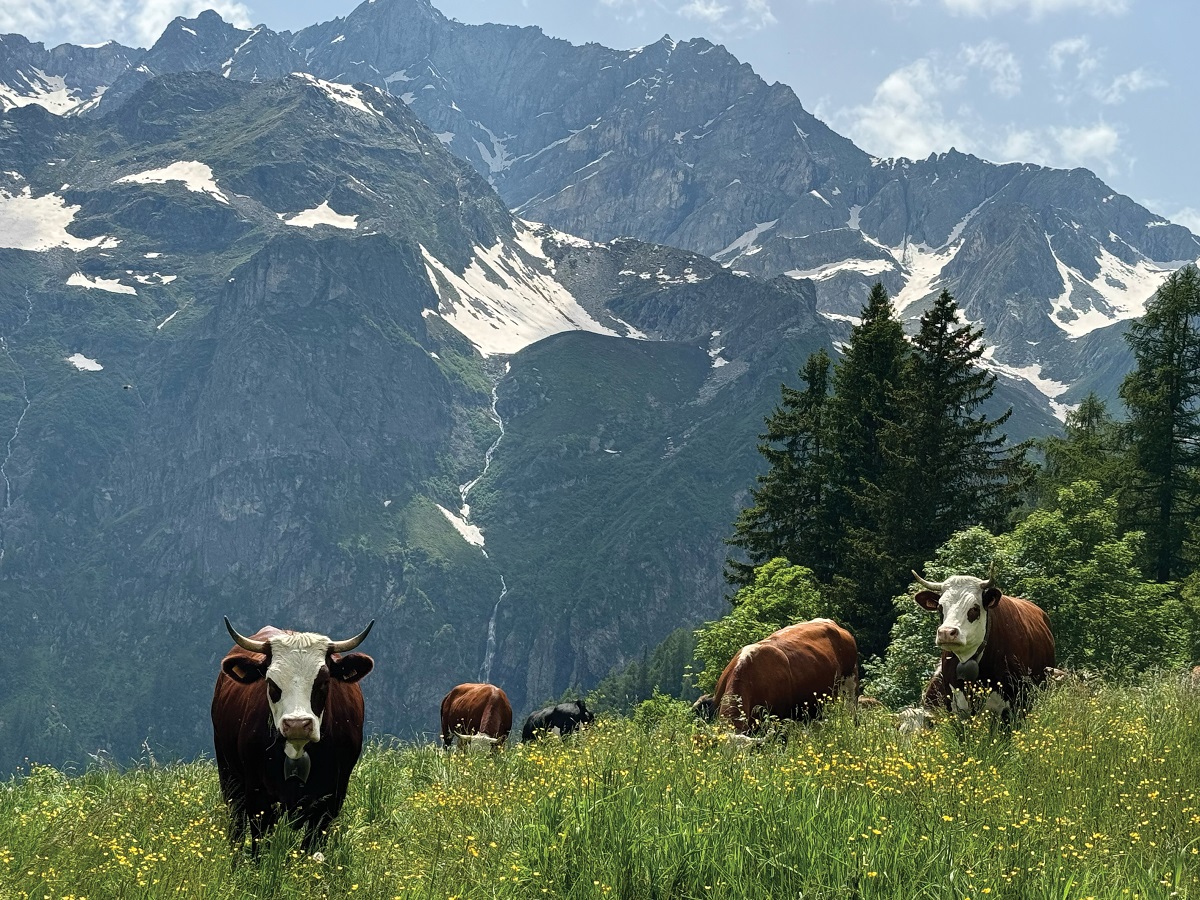
Individual health and wellbeing is where sustainable travel starts.
As for Owen, he went on that hike. Admittedly, I didn’t give him much of a choice. Not only did he make it to the top, but he did it with style, coming over the rise to cheers and high-fives from the whole group, hamming it up with a slow-motion victory lap.
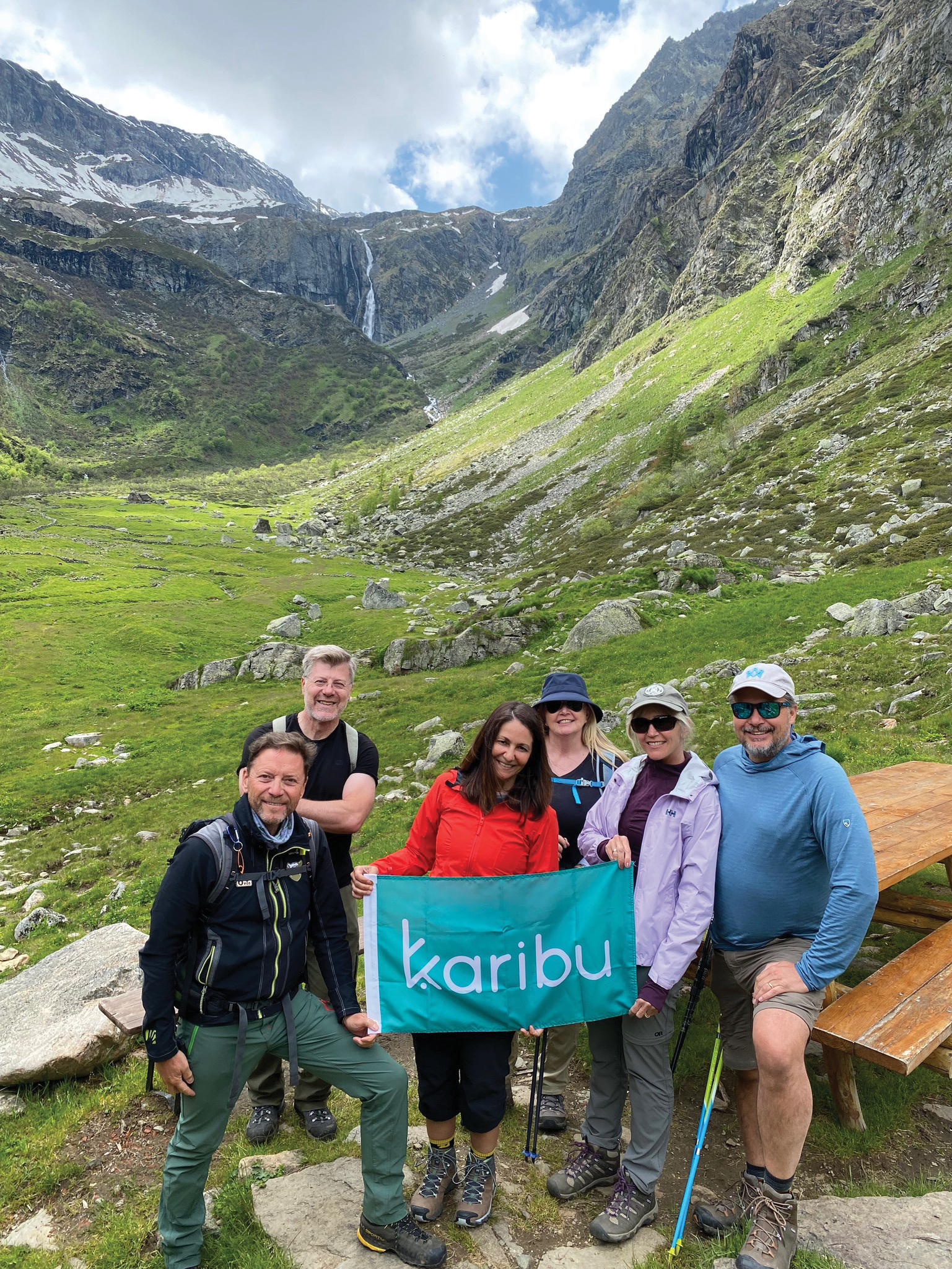
That night at dinner, it was all everyone was talking about. I don’t know whether Owen now calls himself a hiker, but I have a feeling he’ll be doing more.
Photos Courtesy of karibu Adventures.
Andrea Mandel-Campbell is the founder of karibu adventures, Canada’s newest and coolest people and planet-positive travel offering. A former foreign correspondent, television anchor and best-selling author, Andrea brings a unique journalist’s lens to karibu, taking you on a journey to unexpected places and introducing you to people you won’t otherwise meet.







